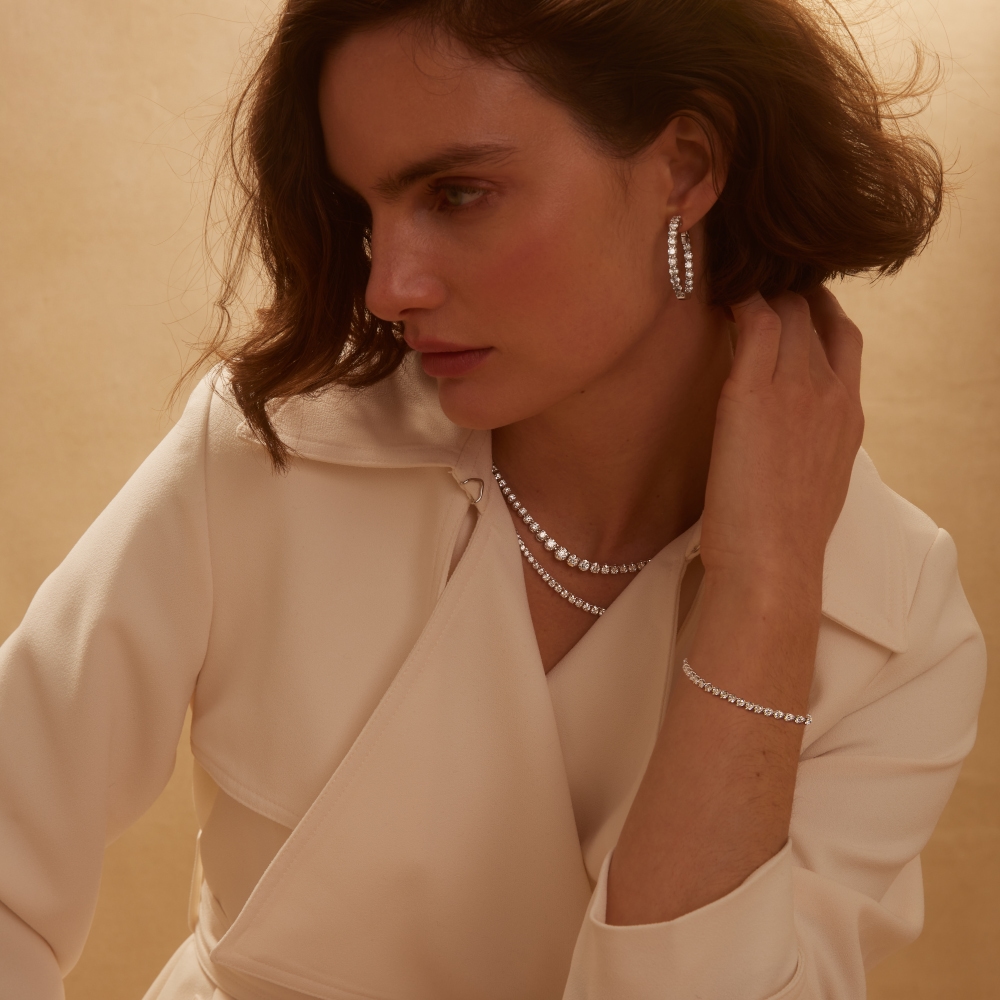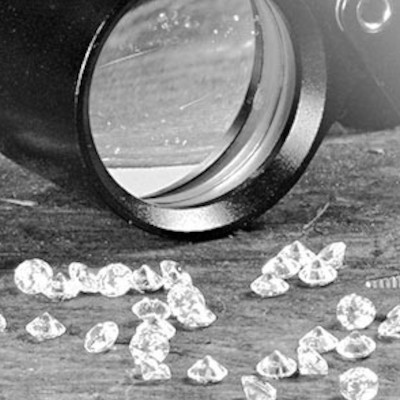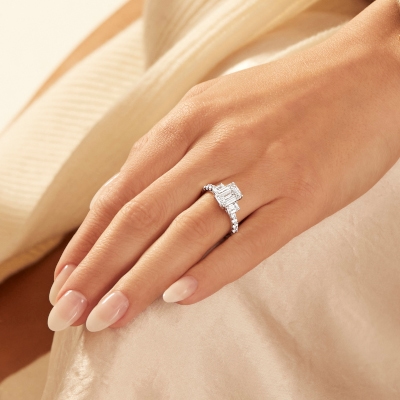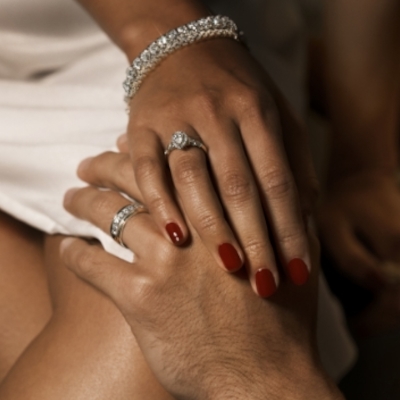To match or not to match, there is no standard for couples matching their rings; it is truly up to you. While matching wedding bands are a symbol of you and your new spouse becoming one unit, not matching your bands lets you express your individuality and avoid one of you feeling pressured to choose a band he or she doesn't absolutely love. Explore the benefits and considerations for matching band styles, and how to unify rings even if they aren't identical designs.
| Matching Bands are a tangible way to symbolize the unity of your relationship. | Matching bands might not reflect each person's unique style and personality. |
| Matching bands create a visually harmonious look when worn together. | If you or your partner are sensitive to metal, it can limit the designs for both rings. |
| Matching bands can hold sentimental value and can even become a family tradition. | Over time, preferences for design, gemstones, and metal might change. |
If you're considering buying matching wedding bands, there are a few important factors to keep in mind to ensure both you and your partner are happy with your rings. Here's what to consider:
When a 100% Matching Set isn't the Answer
Coordinating your wedding bands doesn't always mean they must be an exact match. In this section, we'll explore creative ways to unite the style of your rings, even if you go for different designs.
Choosing the same metal shades can make your wedding rings look like a matching pair, even when each ring features a different style or finish. There are a variety of styles you can choose from in traditional metals like white gold, yellow gold, and platinum. Alternative metals, like tungsten, stainless steel and titanium are becoming just as popular as traditional metals because of their uniqueness and durability for men’s styles. Think about:



 They will be on video but won't see you.
They will be on video but won't see you. Make sure to enable your mic if prompted.
Make sure to enable your mic if prompted. Language:
Language:



